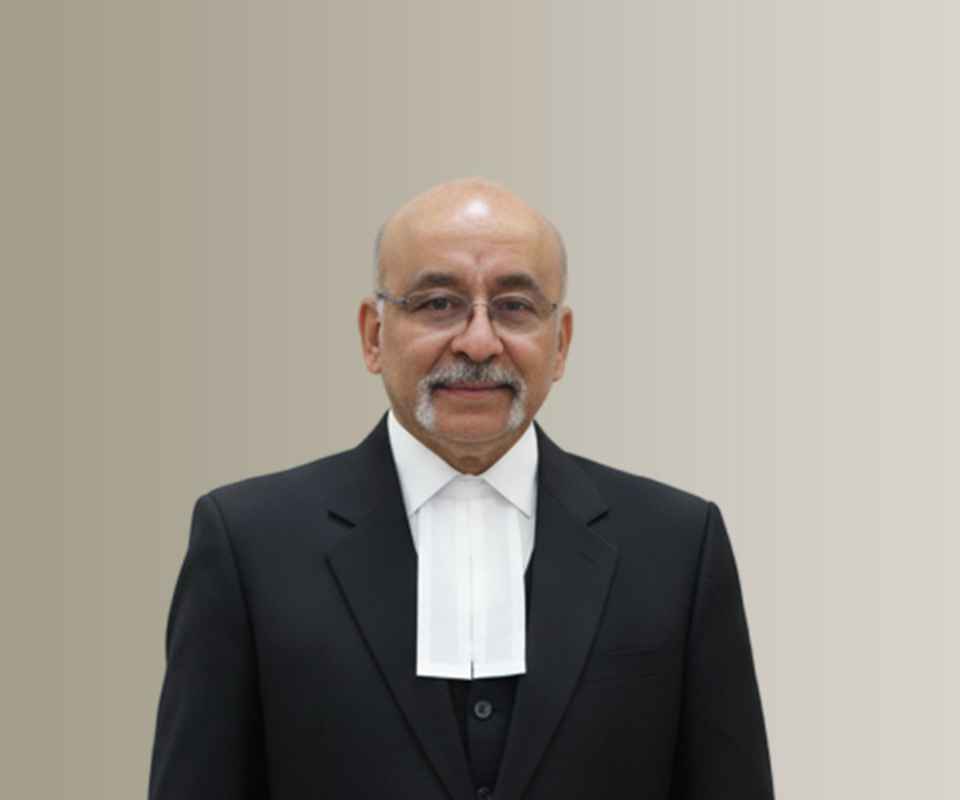Answer By law4u team
Elder self-help groups (SHGs) have emerged as vital grassroots organizations that empower senior citizens by creating supportive community networks. These groups address multifaceted challenges faced by elders, including social isolation, financial dependency, health concerns, and vulnerability to abuse. By fostering collective action and peer support, elder SHGs enhance seniors’ quality of life, promote dignity, and strengthen their capacity to advocate for their rights and access essential services.
Detailed Roles and Functions of Elder Self-Help Groups
1. Social Empowerment and Community Building
Reducing Social Isolation: Elder SHGs provide elders a safe space to socialize, share experiences, and build friendships, which counters loneliness and emotional distress common in old age.
Cultural and Recreational Activities: Many groups organize events such as festivals, games, and cultural programs that encourage active participation, improve mental health, and nurture a sense of belonging.
Intergenerational Linkages: Some groups facilitate interaction between elders and younger community members, preserving cultural heritage and fostering mutual respect.
2. Financial Security and Economic Empowerment
Savings and Credit Activities: Elder SHGs often encourage collective savings schemes where members contribute regularly, creating a fund that can be accessed during emergencies or for small loans.
Access to Welfare Schemes: Groups help members navigate government pension schemes, subsidies, and welfare programs like the Indira Gandhi National Old Age Pension Scheme, ensuring rightful benefits reach them.
Financial Literacy: Workshops and counseling sessions educate elders on managing personal finances, avoiding scams, and using digital banking securely.
3. Prevention and Identification of Elder Abuse
Awareness Raising: Groups conduct regular awareness sessions about various forms of elder abuse—physical, emotional, financial, and neglect—and the legal protections available.
Peer Monitoring: Members observe signs of abuse or neglect among peers and intervene through counseling, family mediation, or alerting authorities.
Reporting Support: Elder SHGs assist victims in filing complaints with police, social welfare departments, or elder care agencies and provide moral support throughout the process.
4. Advocacy and Legal Support
Collective Voice: Acting as a community representative, elder SHGs raise elder issues at local government forums, demanding improved services, legal protections, and age-friendly policies.
Legal Aid Facilitation: Many groups collaborate with NGOs or legal aid organizations to provide elders with free legal counseling and help in addressing disputes, exploitation, or inheritance issues.
Rights Education: Members are educated about the Maintenance and Welfare of Parents and Senior Citizens Act (2007) and other laws safeguarding elder rights.
5. Health Promotion and Mental Well-being
Regular Health Check-ups: Groups often partner with local health centers to organize free or subsidized medical camps, screenings, and immunization drives.
Mental Health Support: Elder SHGs provide peer counseling and encourage participation in activities that reduce depression and anxiety, such as yoga, meditation, or hobby clubs.
Nutrition and Lifestyle Education: Workshops promote healthy eating habits, exercise, and managing chronic conditions common among elders.
6. Access to Services and Technology
Facilitating Digital Inclusion: Groups help elders learn to use mobile phones, internet, and digital payment systems, bridging the digital divide and enhancing access to telemedicine and online services.
Emergency Preparedness: Training on emergency response protocols, use of mobile alert systems, and connections to local help centers increase elders’ safety.
Challenges Faced by Elder Self-Help Groups
Limited resources and funding can restrict outreach and program scope.
Social stigma or cultural barriers may discourage some elders from joining groups.
In rural areas, infrastructural challenges and low literacy levels hinder participation.
Coordination with government agencies and NGOs needs strengthening for better impact.
Example
In a district of Kerala, an elder self-help group comprising 30 members meets twice a month. They save collectively and help each other financially during medical emergencies. Recently, when a member was subjected to financial abuse by a distant relative, the group intervened by organizing a meeting with local authorities, helped file a complaint, and supported her in regaining control over her pension. The group also conducts health camps and digital literacy sessions to empower elders to live independently and with dignity.







